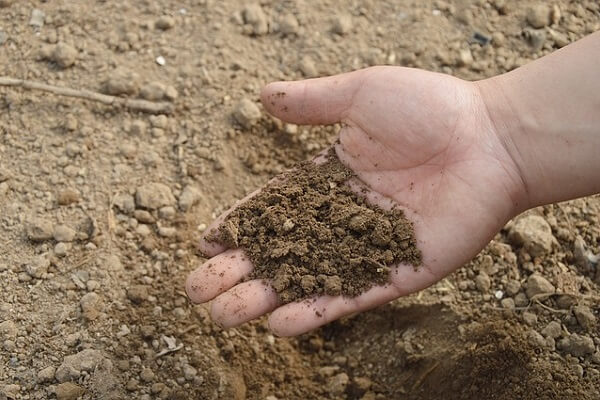What you need to know about Agronomy – Part 2
Agronomy is a type of science that takes a holistic approach to agriculture. From water management to the effective use of pesticides, agronomy covers a wide range of topics. Agronomists help farmers to increase their yield while decreasing their impact on the environment. If you want to boost the productivity of your farm, you’ll need to own reliable equipment. You can find a wide range of robust equipment for sale on AgriMag.
Click here to read part 1.

Water management
Crops require sufficient water to ensure that maximum crop yields are achieved. In order to get the best possible yield, farmers need to give their plants the right amount of water at the right time. The climate of the region also has an impact on water management. Farmers need to provide their crops with more water in arid regions than what is required in humid areas. If plants receive insufficient amounts of water, they close the tiny openings in their leaves to retain as much water as possible. However, this causes them to take in less carbon dioxide for photosynthesis, which stunts their growth.
Another key factor in effective water management is the type of crop that is being grown. The water requirements of different crops vary. Agronomists assist farmers to select crops that are suitable for the climate they’re farming in. The water requirements of crops also change as they grow so there are specific times when they are more sensitive to dehydration. Water is a precious resource and it’s also part of the costs of running a farm. Not only does proper water management affect the environmental sustainability of farms, but it also plays a role in boosting profits. Improved irrigation systems and more precise distribution of water are strategies that are used to conserve water while increasing crop yield. Agronomy also contributes to the development and selection of water-efficient crops.

Pesticides
In order to ensure a good crop yield, farmers have to protect their crops from a range of pests. Agronomists consider pests to be any plant or animal that has a negative impact on crop production. There is a wide range of pests that impact crop yield and quality. Agronomists help farmers to devise the best strategies to safeguard their crops against pests. The rotation of crops and intercropping are strategies used to control weeds. Adjusting the space between rows can also be beneficial. Weeds can be removed by hand, using machines, and through the application of heat or chemicals.
The harm caused by insects can be reduced by introducing beneficial insects to control the invasive ones. Agronomists play a role in developing crops that are disease and pest resistant. Farmers also use pesticides to protect their crops. Both natural and synthetic pesticides are available and they come in a range of toxicity levels. Agronomists assist farmers with integrated management plans with the aim of securing good crop yields while decreasing the harm pesticides can cause to people and the environment.

Crop yield
Crop yield is affected by a wide range of variables, including the selection of seeds, soil, and water management. Fertiliser and pesticides are also important considerations. The expanding population across the globe has resulted in an increased demand for food with a decreased amount of land to grow it on. Agronomists help farmers to develop strategies that maximise crop yield while taking the environment into consideration. They research the relationship between soil and plant growth and development practices that maintain soil and environmental health. Agronomy takes into account soil variability and various climate conditions. The optimal use of resources also helps to boost crop yield. Innovative technology is used by modern farmers to achieve maximum yields. Active sensors are used to determine the nutrient status of crops and this information is used to increase the precision with which fertiliser is applied. New tractors are designed to vary seed and pesticide applications to achieve maximum efficiency. Irrigation practices are improved through the use of water sensors.
Agronomy plays an important role in developing sustainable farming practices that have a reduced impact on the environment. Do you want to boost your crop yield? Find equipment for sale on AgriMag and improve the productivity of your farm.






AGRICOLLEGES International offers a variety of courses and I need to know your advertising rates.
Hi Laurika,
Please send an email to support@agrimag.co.za and somebody will assist you with this.
Kind regards,
The AgriMag Team